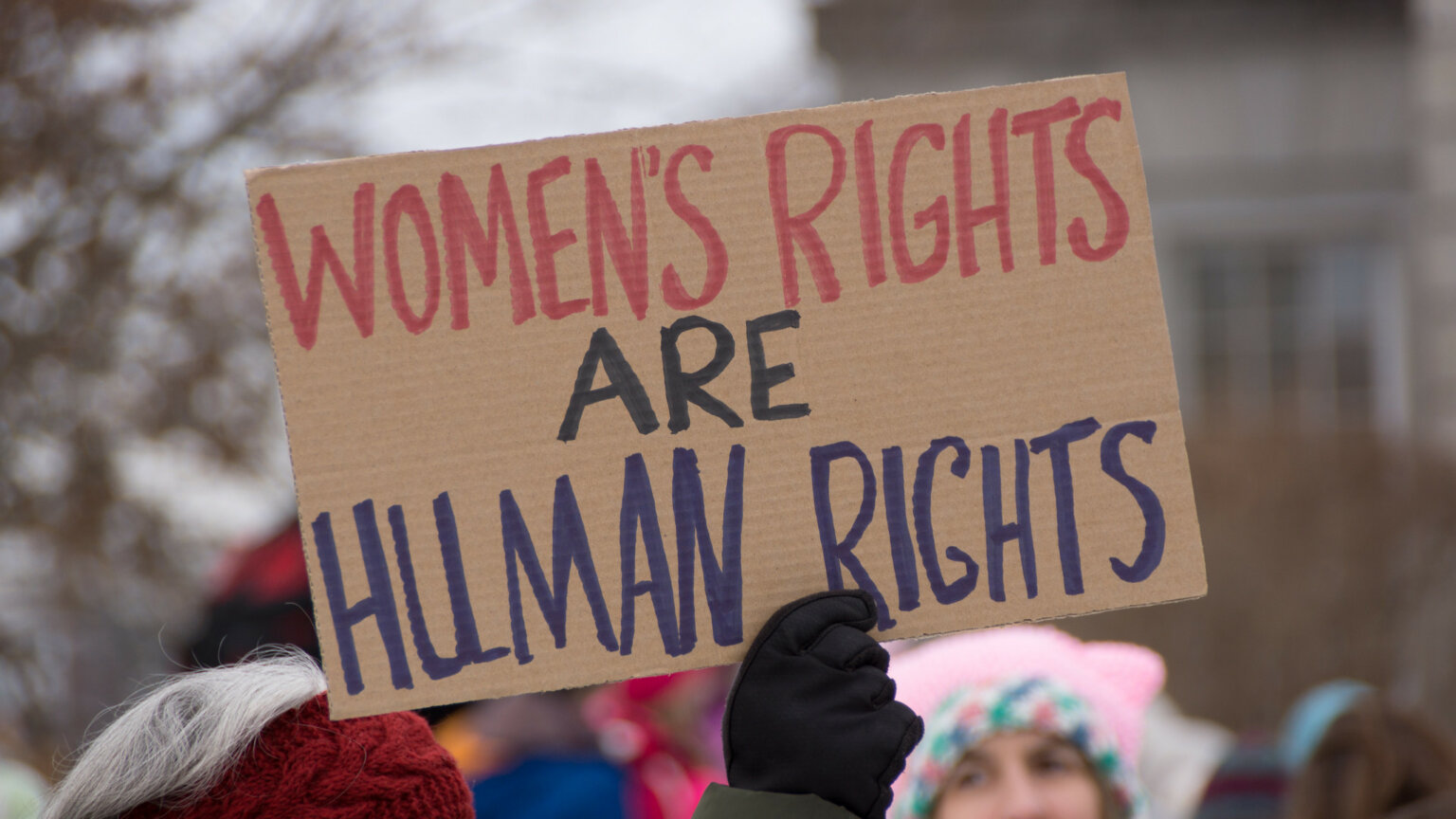- About
- Topics
- Picks
- Audio
- Story
- In-Depth
- Opinion
- News
- Donate
- Signup for our newsletterOur Editors' Best Picks.Send
Read, Debate: Engage.
| topic: | Women's rights |
|---|---|
| located: | Serbia, Bosnia and Herzegovina |
| editor: | Katarina Panić |
On the eve of this year`s International Day for the Elimination of Violence against Women, as well as the UN’s 16 Days of Activism campaign, the prominent Belgrade-based theatre group, Atelje 212, refused to compete in front of a jury panel that included Branislav Lečić, who has been accused of rape. The famous Serbian actor was accused by his colleague Danijela Štejnfeld in March, causing outrage that helped spark the #MeToo movement in Serbia. Although the prosecutor’s office dismissed the accusation due to lack of evidence, the case – like many others that followed – deeply influenced the public, and went viral even outside of the nation’s borders months after the initial news was published.
The theatre festival took place in the city of Brčko, in Bosnia and Herzegovina, in November and gathered eight theatre companies from Croatia, Serbia, Montenegro and the host country.
Had the festival thought twice before publishing an article entitled "Insolence and shame, but at one's own expense," which vulgarly criticised Atelje 212's decision to drop out of the competition, they would probably have remained the only theatre group to protest. Instead, one by one, the participating theatres followed suit: although they performed their plays to not disappoint the audience, they then withdrew from the competition.
However, despite the publicity and the headlines all over the region, ordinary people kept silent. “Literally, as if it didn't happen. This is an environment that otherwise takes an attitude of non-resentment,” Brčko-based human rights activist Ana Kotur Erkić told FairPlanet.
The legal frameworks in the Balkans certainly do protect the victims of both domestic and gender-based violence since the countries strive to follow the Istanbul Convention. Yet, there is something one cannot change by adopting a new law - a patriarchal mentality that labels the victims, not perpetrators, guilty. This state of mind mainly originates from the five centuries under the Ottoman Empire rule and almost five decades under communism.
Having this in mind, the lack of reaction from ordinary people could be perceived as a sort of progress and could insinuate an increase in awareness of sexual assault issues. On the other hand, it could be caused by the traditional veneration of actors and theatre in general. Yet meanwhile, another femicide occurred recently in the Bosnian town of Zenica and experts and activists begged the media, almost in despair: "Please, turn off the comments!"
So-called ‘emerging democracies’ are still learning the concept of fully respecting human rights. But the process is not a quick one.
Photo by Liam McGarry

